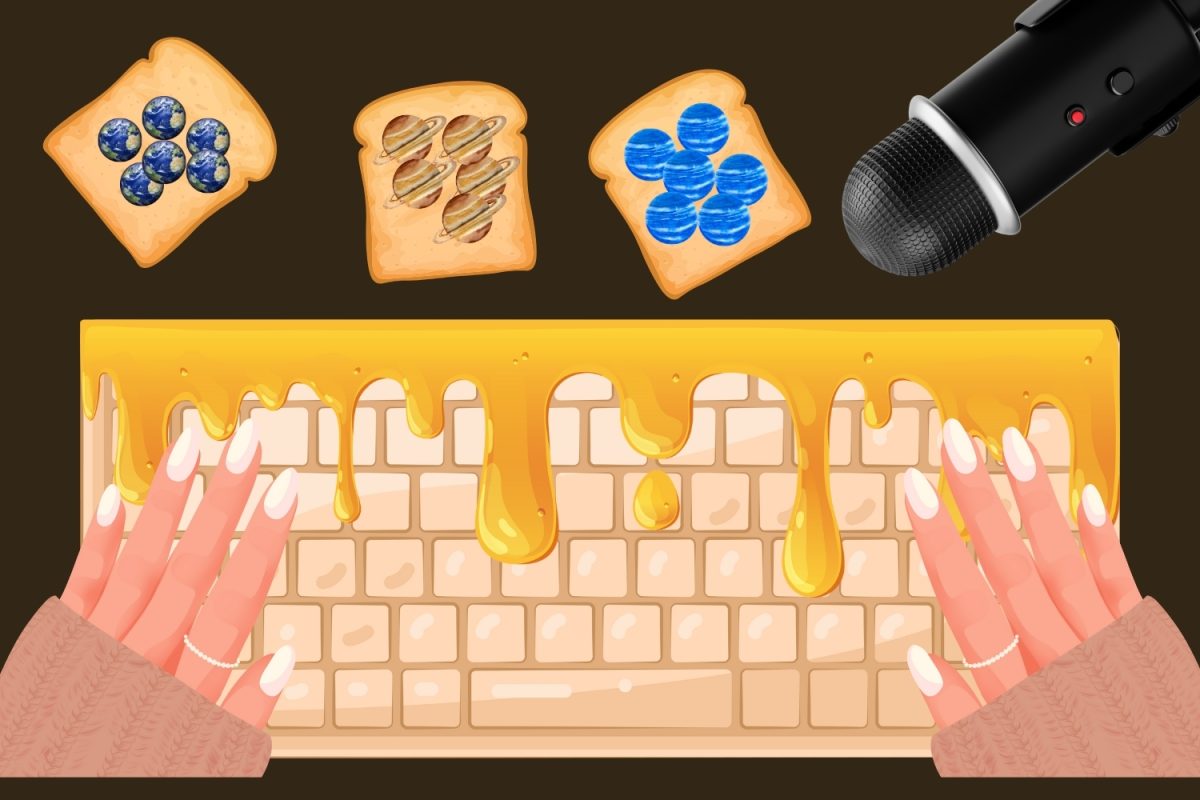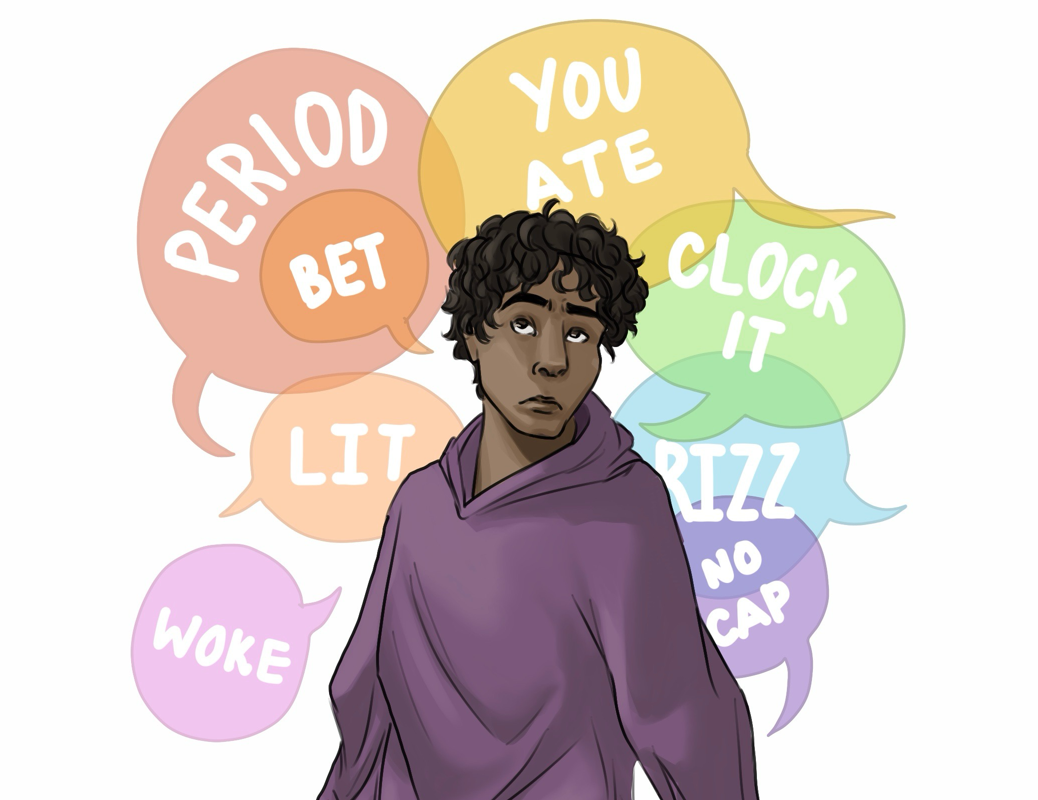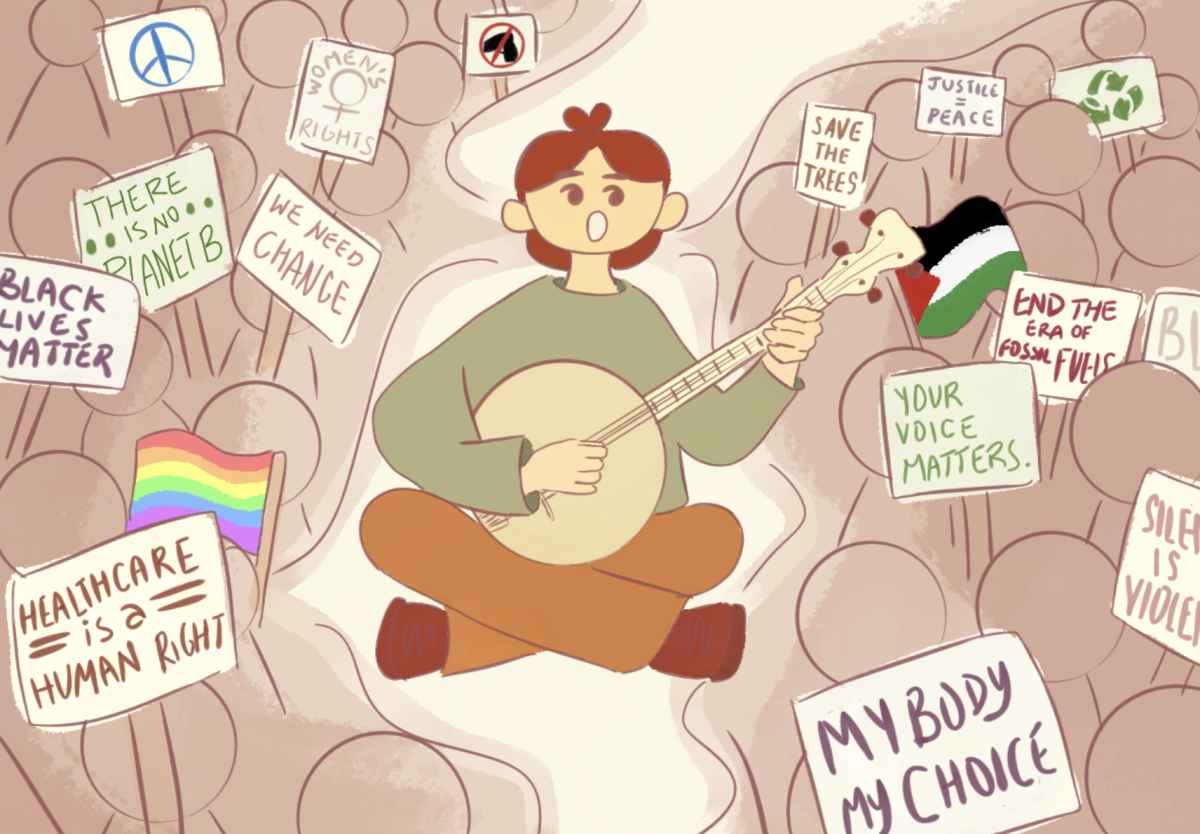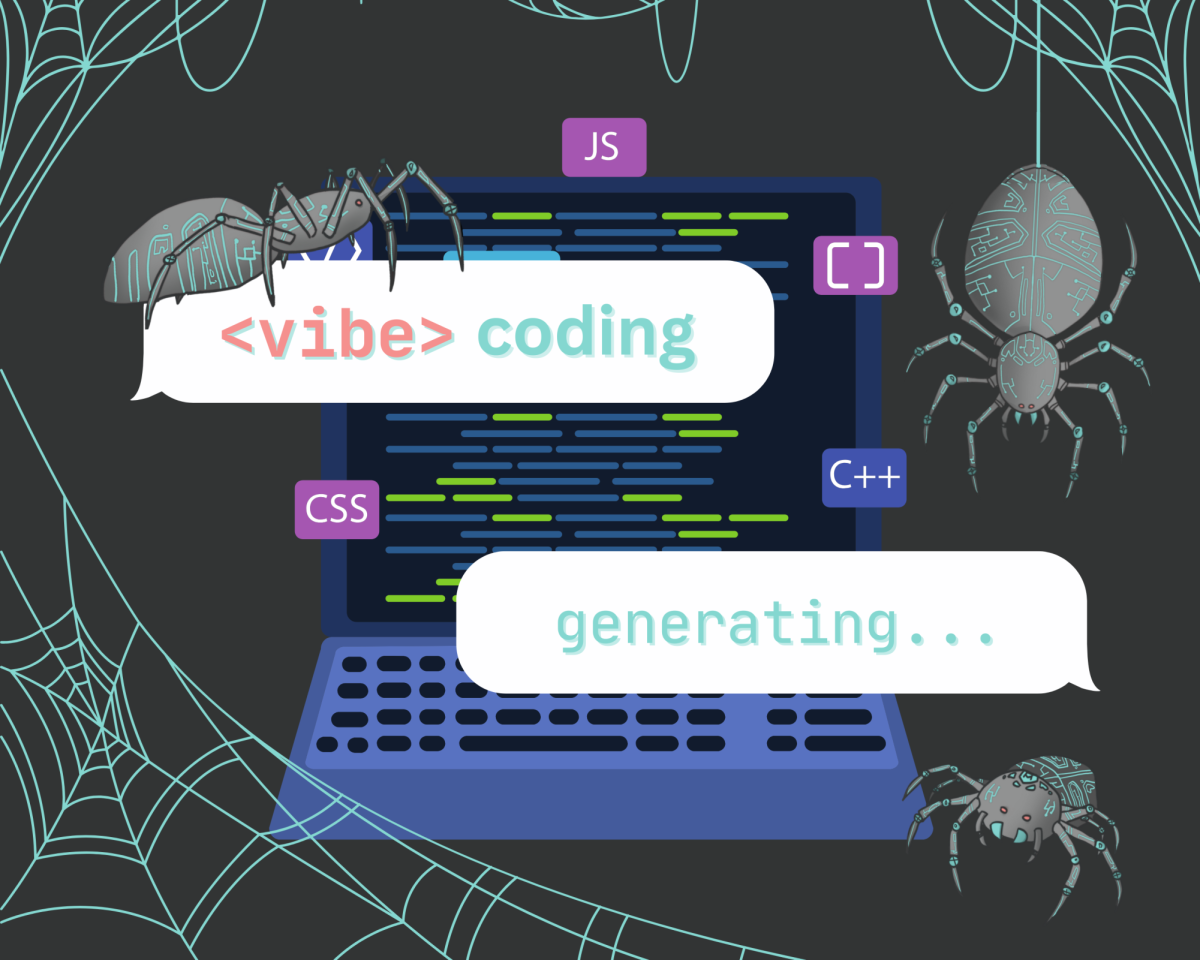When a woman insults another woman, the woman being torn down isn’t being targeted for her actions or personality. The methods used to insult women online tend to ignore the truly offensive substance, often problematic content, and quickly resort to misogyny or petty comments. It is easy to label insults as such — petty or misogynistic — when it is not another woman perpetrating the arguments. When it is another woman on the other side of the keyboard, however, it quickly grows complex. A woman’s insult toward another woman becomes an invitation, a catalyst that sends a message to men that misogyny is OK, as long as it comes from a woman first.
TikTok hosts a variety of people creating and commenting — thus, it is a hotbed for heated arguments in the face of clashing values. Differences are singled out and emphasized, often crossing moral lines of racism or misogyny.
For a woman, the first thing targeted in most cases is her appearance — regardless of what message she is trying to send. When this is done by a man, which fits the expected narrative of men being biased against women, misogyny can be called out with the same moral reasoning as other forms of hate and discrimination. However, the phenomenon of women making the same shallow comments is not as discussed, despite its frequency on online platforms.
The targeting of women’s looks and attractiveness by other women through misogynistic means is harder to call out when the perpetrators are part of the target group. It forms a kind of bandwagon effect, where other women adopt certain behaviors because it’s normalized and not considered misogyny. In turn, this reflects the conditioning of our patriarchal society, which tells a woman that her value is in her looks. Therefore, it pushes the idea that the worst thing a woman can do is be “ugly,” bringing up the ideology that if they should find being ugly offensive, it’s a viable and powerful insult to use against other women. Social media perpetuates this form of internalized misogyny through an intense focus on glow up culture, anti-aging techniques and constantly shifting, unattainable beauty standards.
Women perpetrating these comments is a “go” sign for men, lending credibility to a harmful mindset that reduces women to their looks. It sends a message that there is nothing morally wrong in denying women the basic respect of being regarded on the level of what they are saying, or in focusing on aspects like attractiveness that are subjective, defined by patriarchal society and out of a person’s control. After all, if a woman could say it to another woman, then it can’t be misogynistic, right?
However, this proves to be incorrect: by targeting other women in such a manner, we are perpetuating the same patriarchal ideals that women have fought against for decades, which continue to affect women in real ways, such as the gender pay gap or “pretty privilege.” Despite half a century since pay discrimination became illegal, women still earn, on average, 82% of what men earn. Pretty privilege has a similar role in the workplace, where women who are more conventionally attractive are paid more than those who are not, once again relegating a woman’s worth, even when it comes to supposedly unbiased transactions, to nothing but her looks. For women to work against each other to further arguments that harms both parties is counterintuitive and pushes meaningless, archaic agendas, even if it feels distant from behind a screen.
 This is not to say that women are responsible for continued misogyny, or that it is never justified to call someone out for a questionable thing they decide to post online. But what should be changed is the method with which we navigate conflicts with each other. The insult that feels the most damning is the one you have been told by society is the most damning — in this case, a society that works against your existence as a woman and depicts being ugly as the worst crime a woman could commit. Instead, women should set an example by choosing to engage at a more mature level, calling out words or messages over appearance to set a precedent for other women and men to draw from. Reaffirming misogynistic comments about anything, even when they’re made by women experiencing internalized misogyny, is never acceptable.
This is not to say that women are responsible for continued misogyny, or that it is never justified to call someone out for a questionable thing they decide to post online. But what should be changed is the method with which we navigate conflicts with each other. The insult that feels the most damning is the one you have been told by society is the most damning — in this case, a society that works against your existence as a woman and depicts being ugly as the worst crime a woman could commit. Instead, women should set an example by choosing to engage at a more mature level, calling out words or messages over appearance to set a precedent for other women and men to draw from. Reaffirming misogynistic comments about anything, even when they’re made by women experiencing internalized misogyny, is never acceptable.
This story was originally published on El Estoque on October 25, 2024.





































